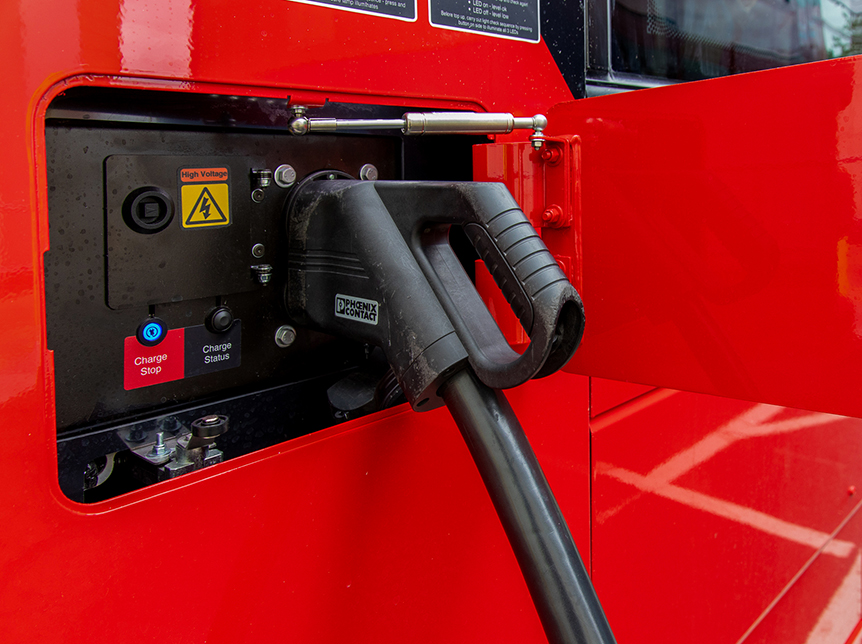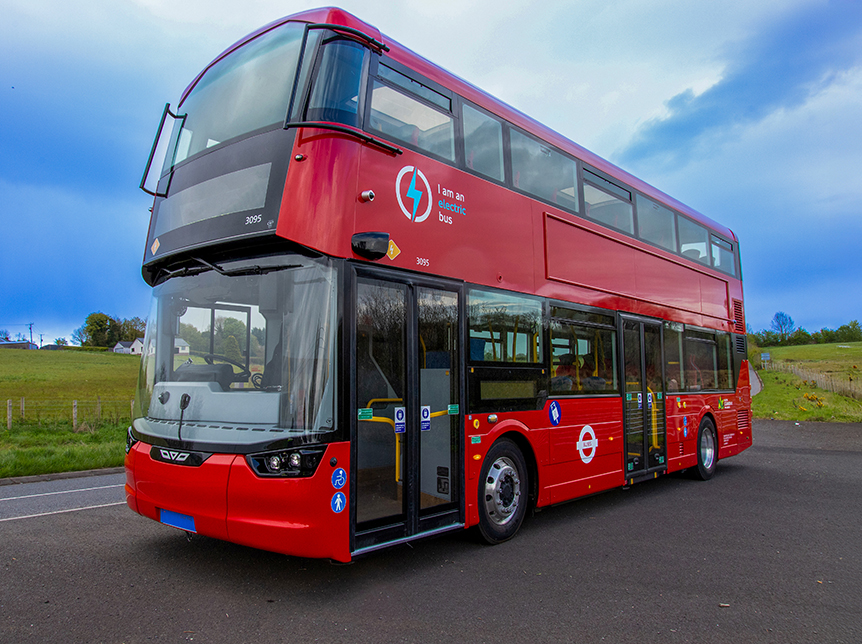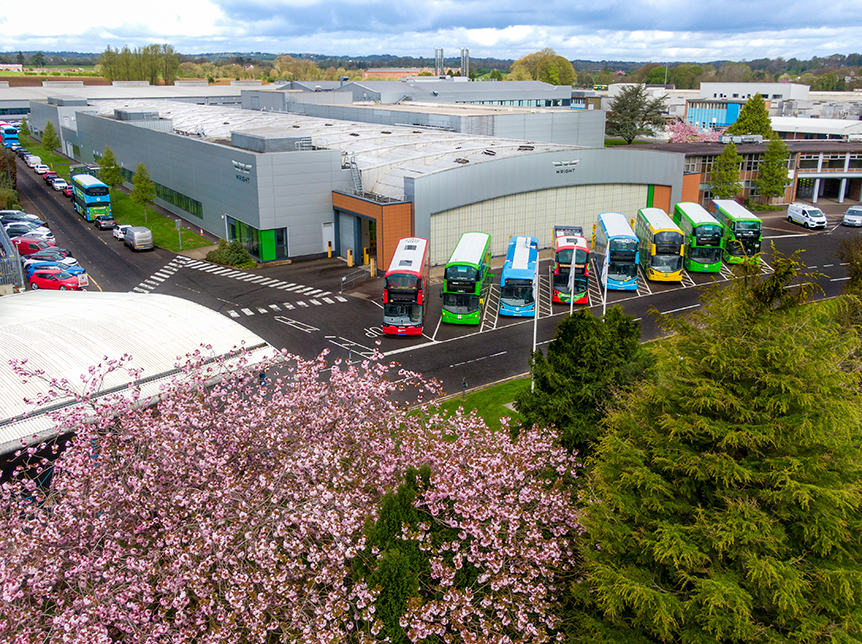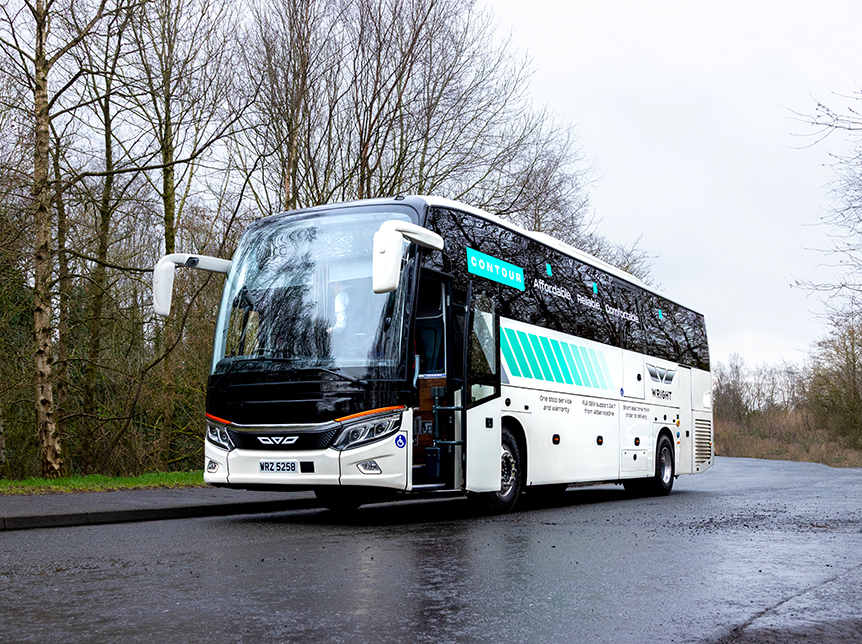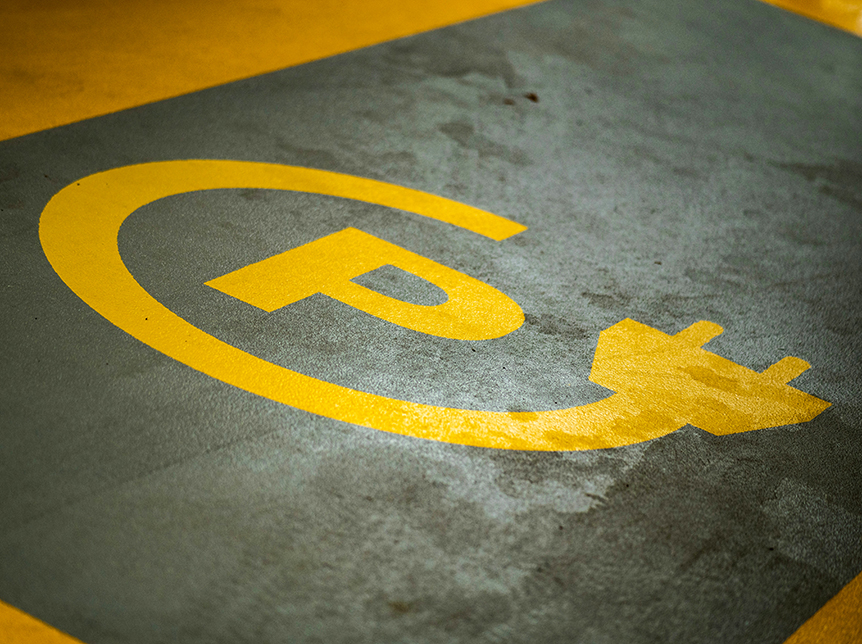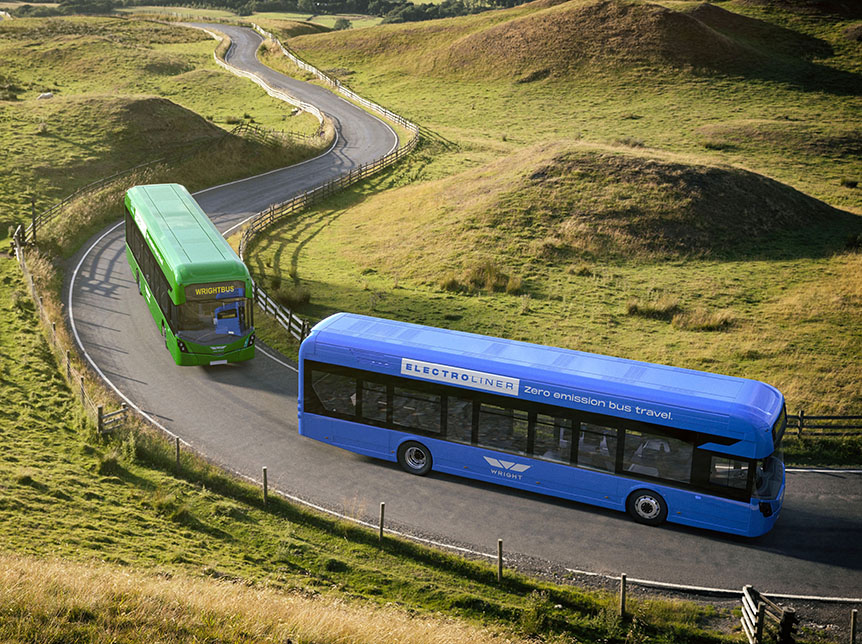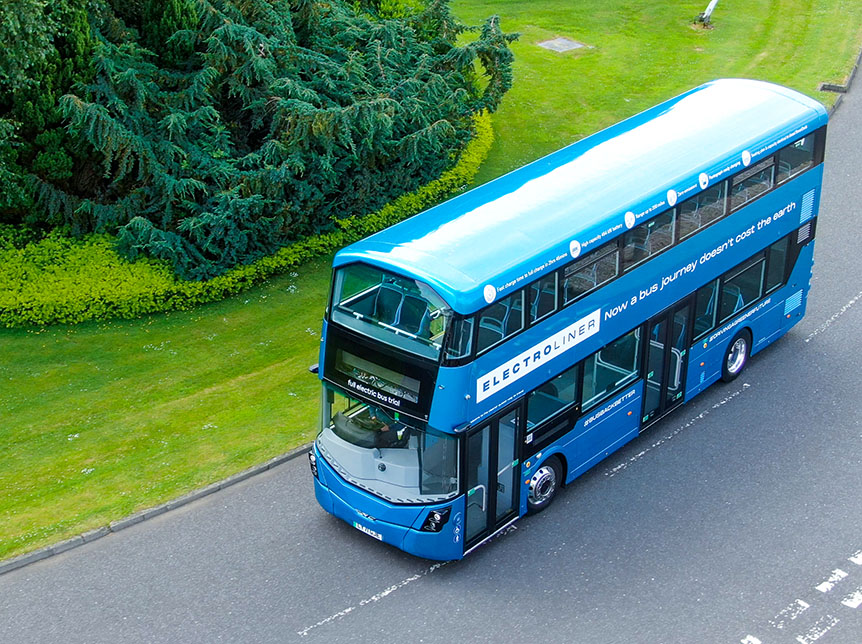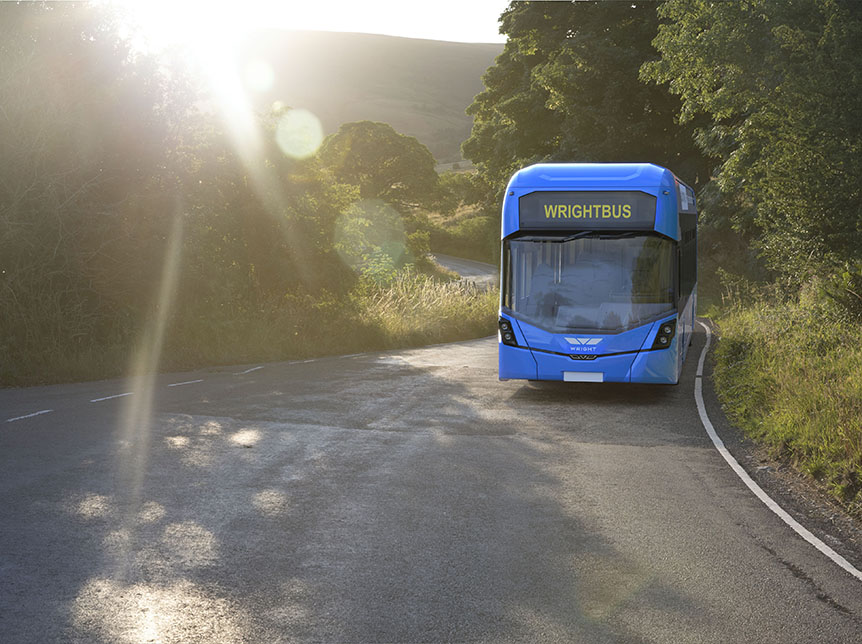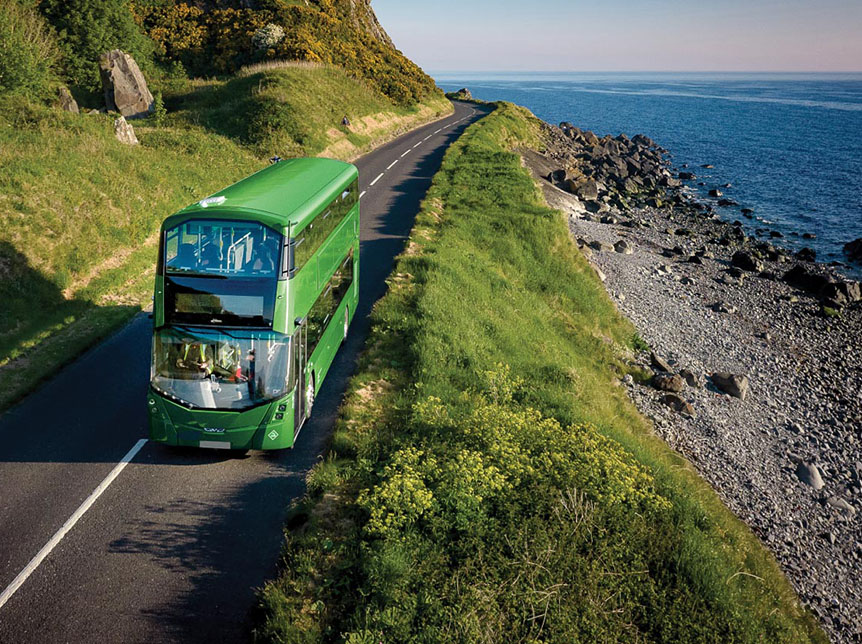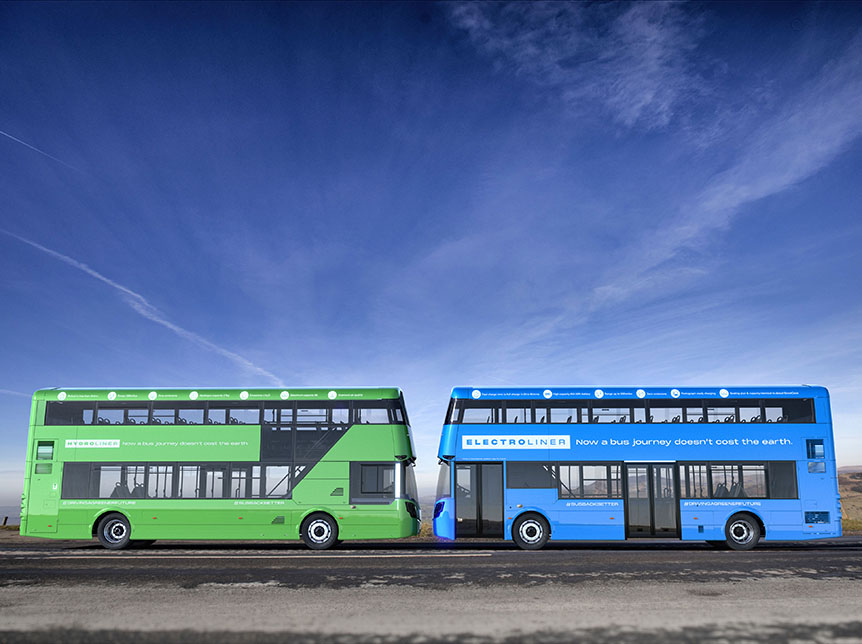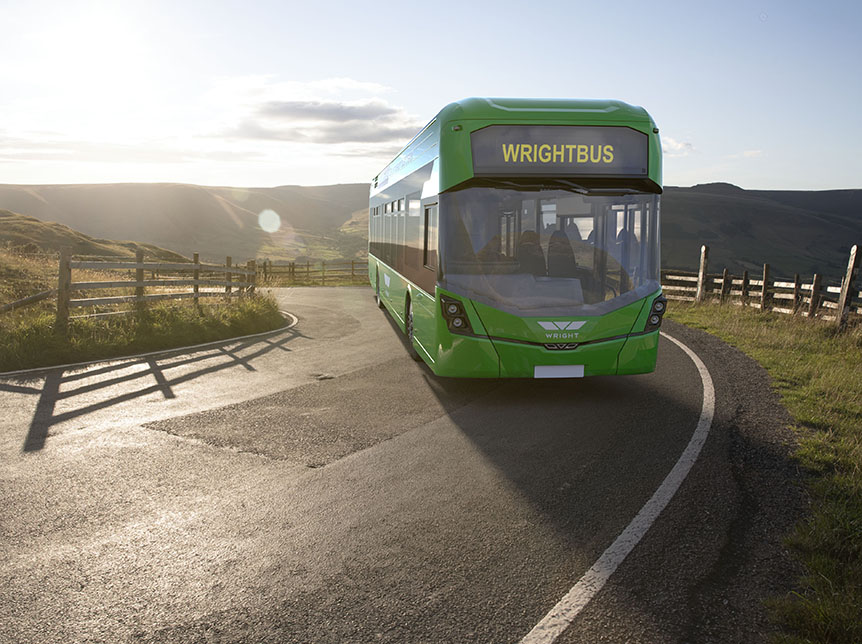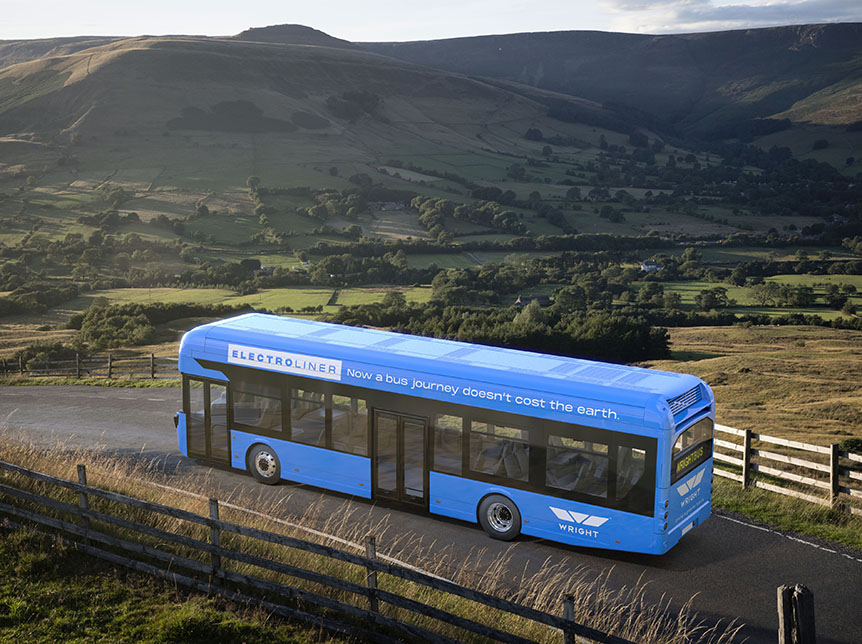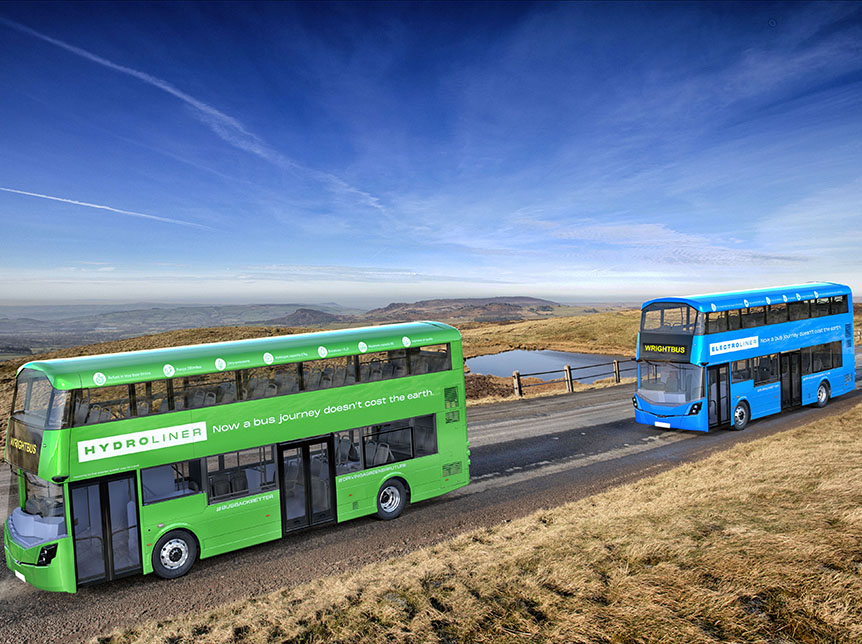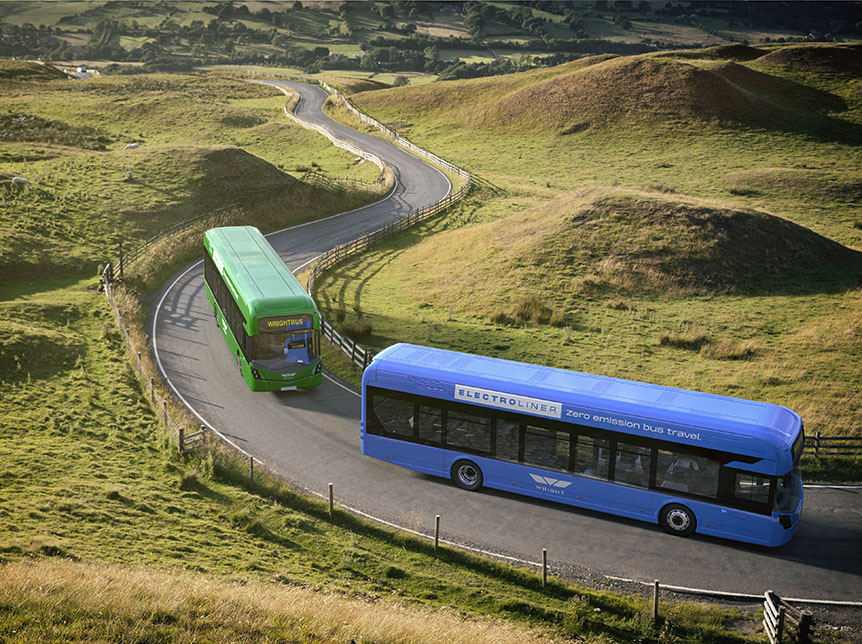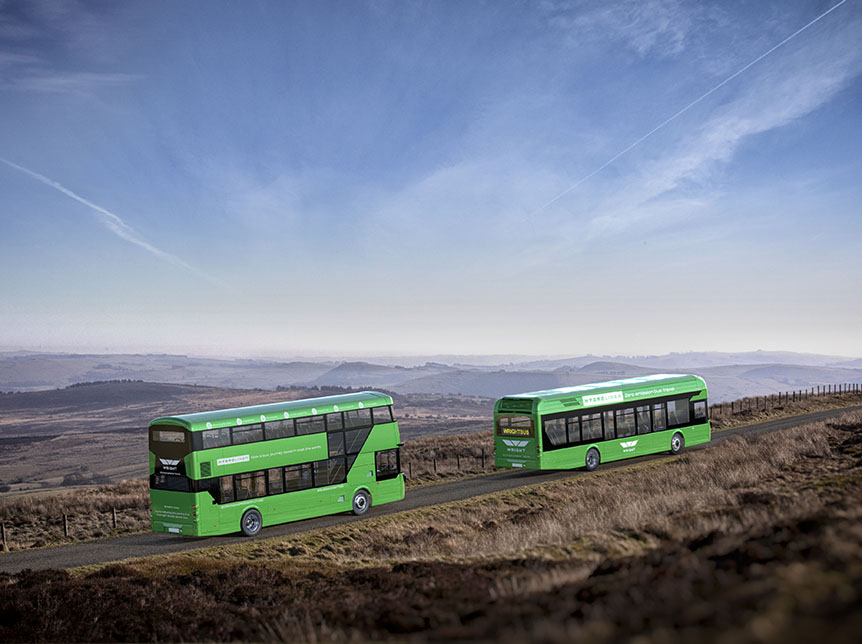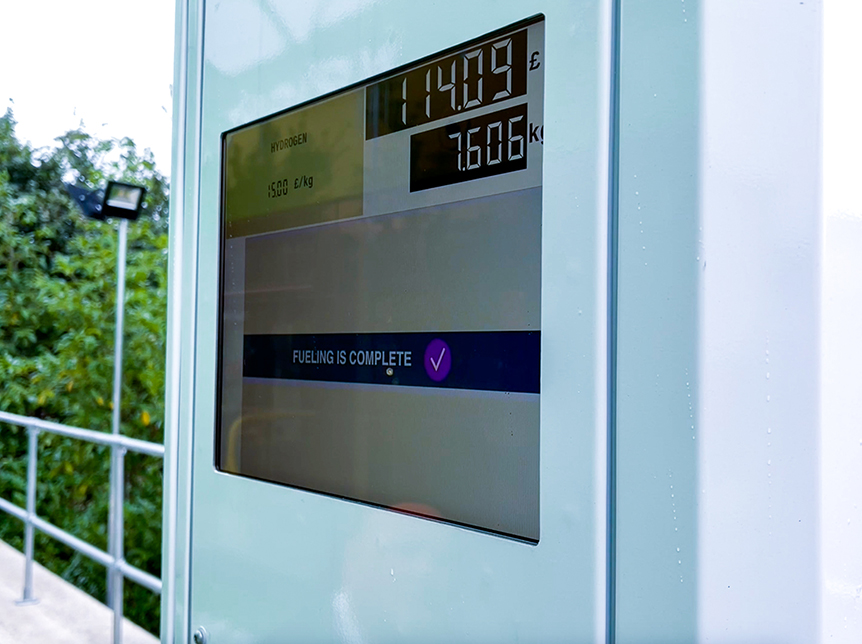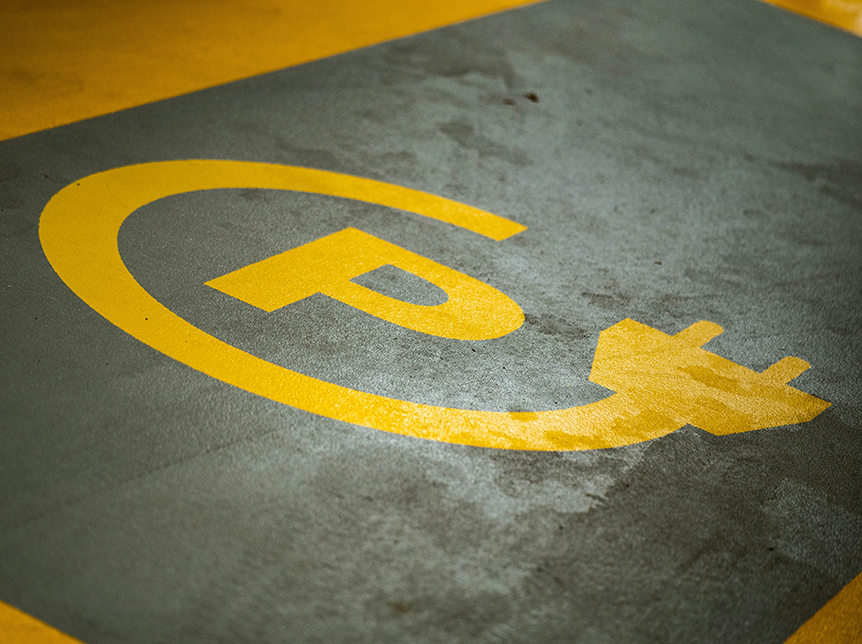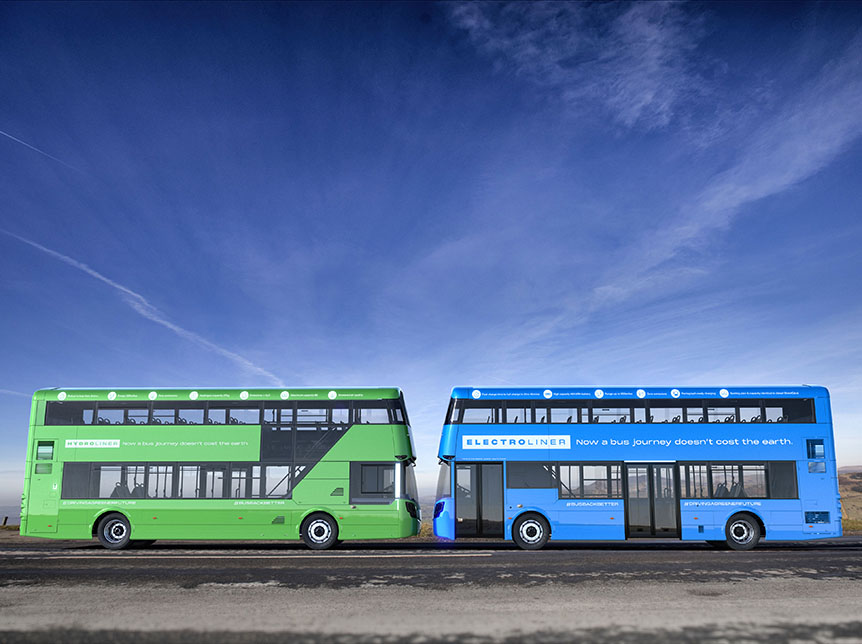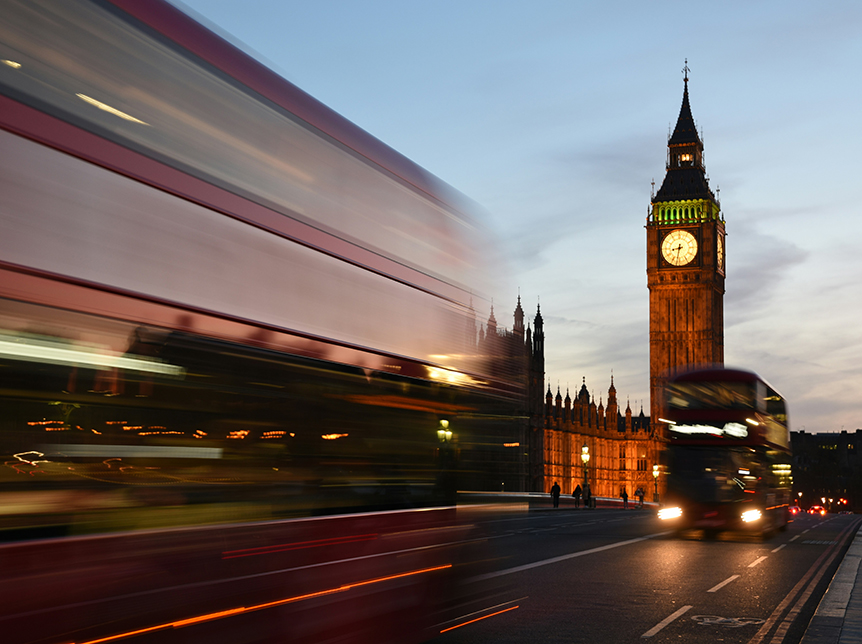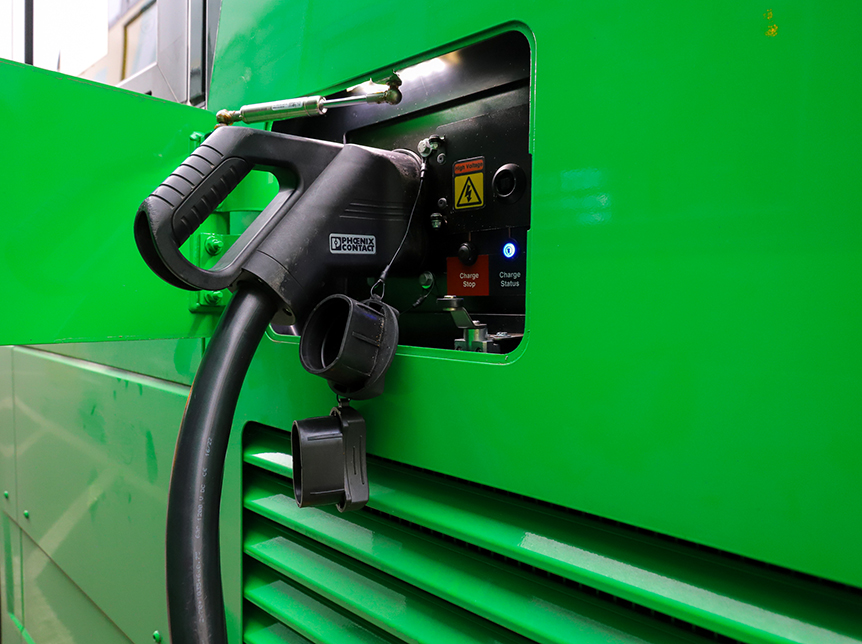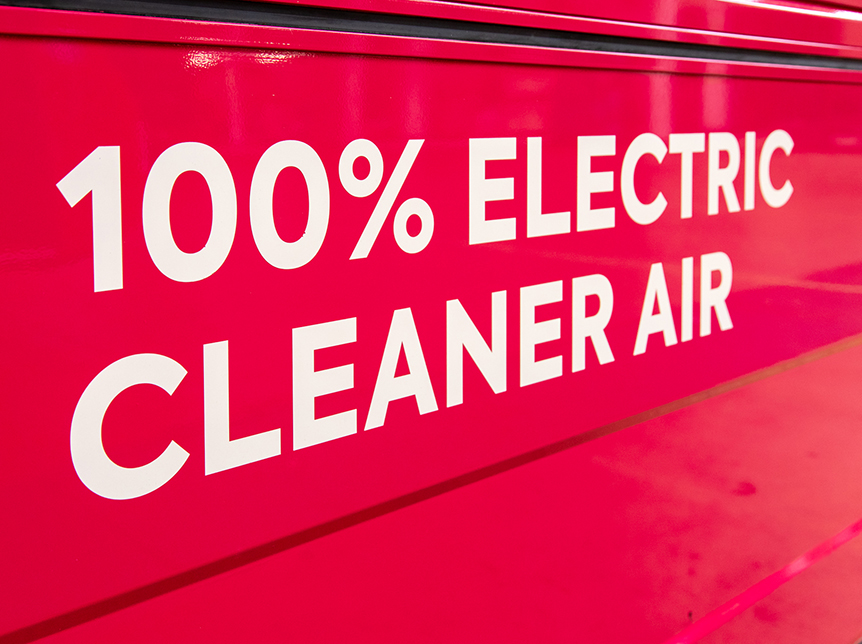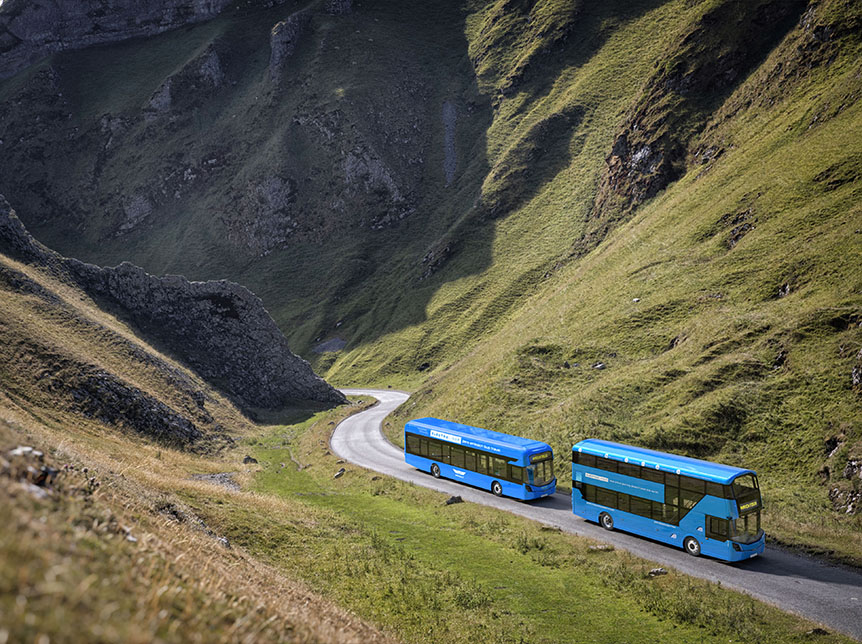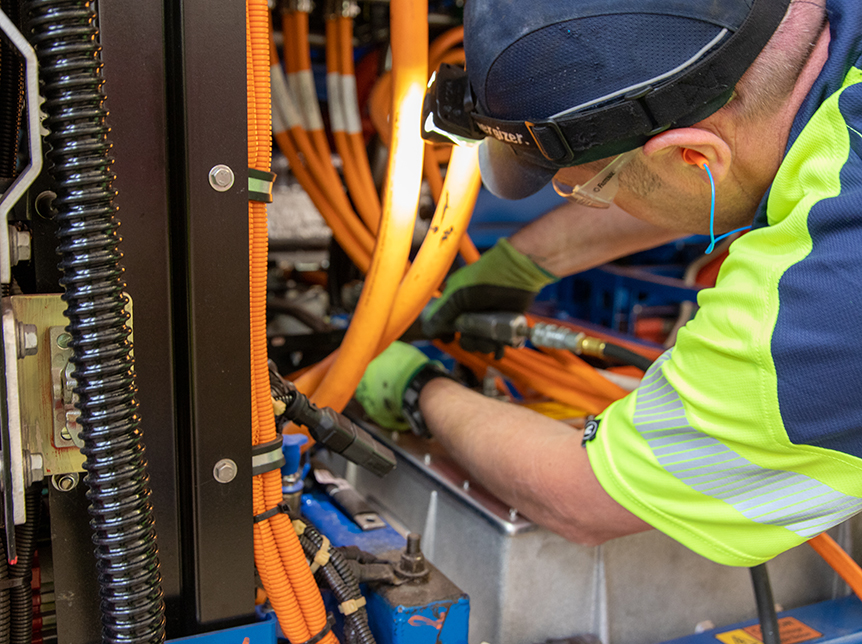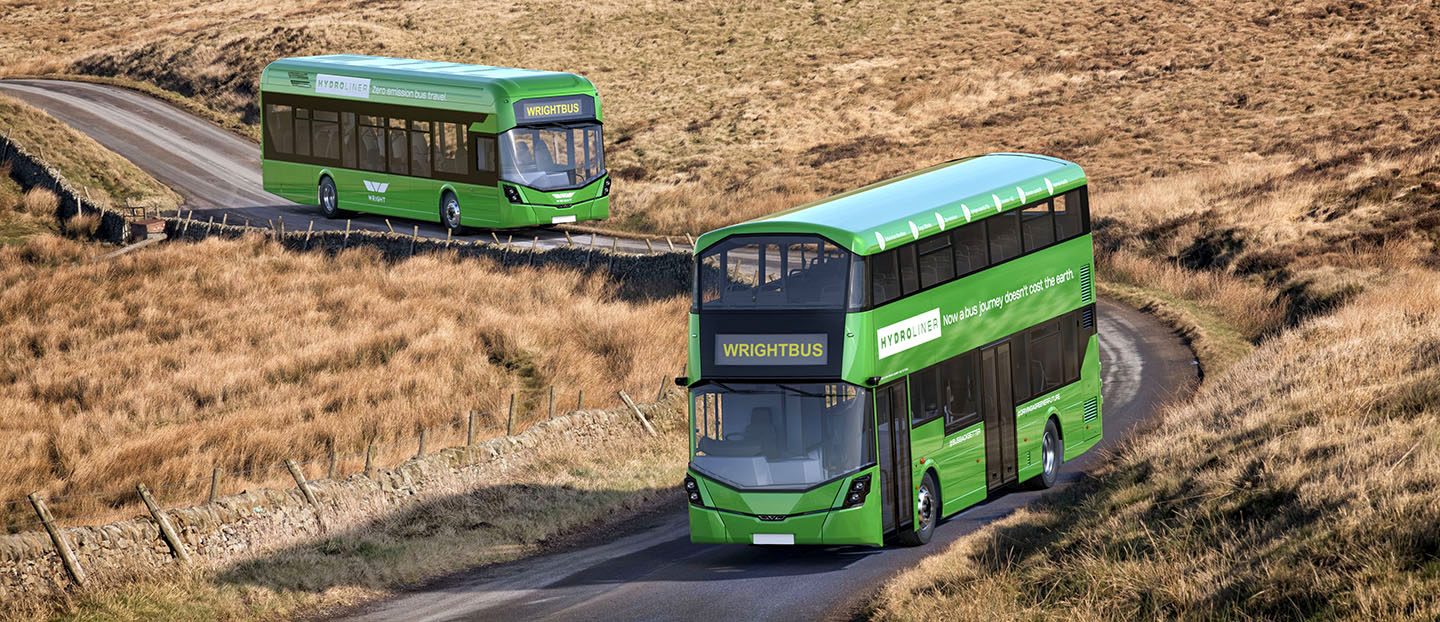
Public transportation is evolving, with cities worldwide seeking eco-friendly alternatives to traditional diesel-powered buses. Two key innovations shaping the future of transit are the double-decker bus and hydrogen fuel vehicles. While double-deckers optimize space and passenger capacity, hydrogen fuel technology offers a clean, sustainable energy source. Together, they could revolutionize public transport and reduce urban emissions.
The Double Decker: A Space-Saving Transit Solution
The double-decker bus has been a staple of public transportation for decades, especially in cities like London, Hong Kong, and Singapore. Its two-level design maximizes passenger capacity while minimizing the space needed on crowded roads.
Why Are Double-Decker Buses Popular?
- Higher Passenger Capacity – A double-decker bus can carry between 70 to 100 passengers, reducing the need for additional buses on busy routes.
- Space Efficiency – Instead of increasing the bus width or length, cities can accommodate more passengers using vertical space.
- Better Views – The upper deck provides scenic views, making double-deckers popular for city tours and sightseeing.
- Reduced Congestion – With fewer buses needed to transport the same number of people, double-deckers help ease traffic congestion.
Despite their advantages, traditional double-deckers have relied on diesel engines, contributing to air pollution. However, this is changing with the rise of hydrogen fuel vehicles.
Hydrogen Fuel Vehicles: The Future of Clean Transport
As the world moves toward sustainable transportation, hydrogen fuel vehicles are emerging as a promising solution. Unlike battery-powered electric vehicles, hydrogen fuel cell vehicles generate electricity by combining hydrogen and oxygen, producing only water vapor as a byproduct.
Benefits of Hydrogen Fuel Vehicles
1. Zero Emissions – Hydrogen fuel cell vehicles produce no harmful pollutants, making them an eco-friendly alternative to diesel and gasoline-powered buses.
2. Fast Refueling – Unlike battery electric buses, which require hours to recharge, hydrogen buses can refuel in just 5 to 10 minutes.
3. Longer Driving Range – Hydrogen buses typically offer a range of 300-400 miles, making them ideal for long routes and heavy usage.
4. Lightweight & Efficient – Hydrogen fuel cells are lighter than large lithium-ion batteries, improving vehicle performance and efficiency.
Hydrogen-Powered Double-Decker Buses
To combine the advantages of both technologies, many cities are now introducing hydrogen-powered double-decker buses. These buses provide the high capacity of a double-decker with the clean energy benefits of hydrogen fuel cells.
Examples of Hydrogen Double-Decker Buses
- London’s Hydrogen Buses – Transport for London (TfL) has introduced hydrogen-powered double-decker buses to cut emissions and promote green energy.
- Aberdeen’s Hydrogen Fleet – Scotland is leading the way in hydrogen-powered public transport, with Aberdeen investing in a fleet of double-decker hydrogen buses.
- Hong Kong’s Hydrogen Trials – Hong Kong is testing hydrogen double-decker buses to improve air quality and reduce reliance on fossil fuels.
Final Thoughts
The combination of the double-decker bus and hydrogen fuel vehicles is a game-changer for public transport. By adopting hydrogen-powered double-deckers, cities can improve efficiency, reduce emissions, and create a more sustainable future.
Read more
The Double Decker Electric Buses: Revolutionizing Urban Transportation
Read onSingle Decker Electric Buses: Paving the Way for Sustainable Public Transport
Read onElectric Buses and Hydrogen Vehicles: Driving the Future of Sustainable Transportation
Read onHybrid Buses: The Future of Sustainable Double Decker Transportation
Read onThe Future of Public Transit: Single Decker Buses and Hydrogen Fuel Cell Vehicles
Read onExploring the Future of Transportation: Battery Electric Vehicles and Double Decker Buses
Read onNavigating Urban Landscapes: The Versatility of Single Deck Buses and Double Deck Buses
Read onLondon's Bendy Bus Legacy and the Innovation of London Electric Vehicle Company
Read onPioneering Zero-Emission Transport: The Rise of Electric Bus Companies in the UK
Read onEmbracing Tomorrow's Roads: Zero-Emission vs. Battery Electric Vehicles
Read onThe Perfect Blend: Exploring Hybrid Electric Vehicles and the Role of Coach Builders
Read on
Get in touch
Wrightbus has been at the forefront of transport innovation since 1946, relentlessly pushing the boundaries with its commitment to quality, style and safety.
